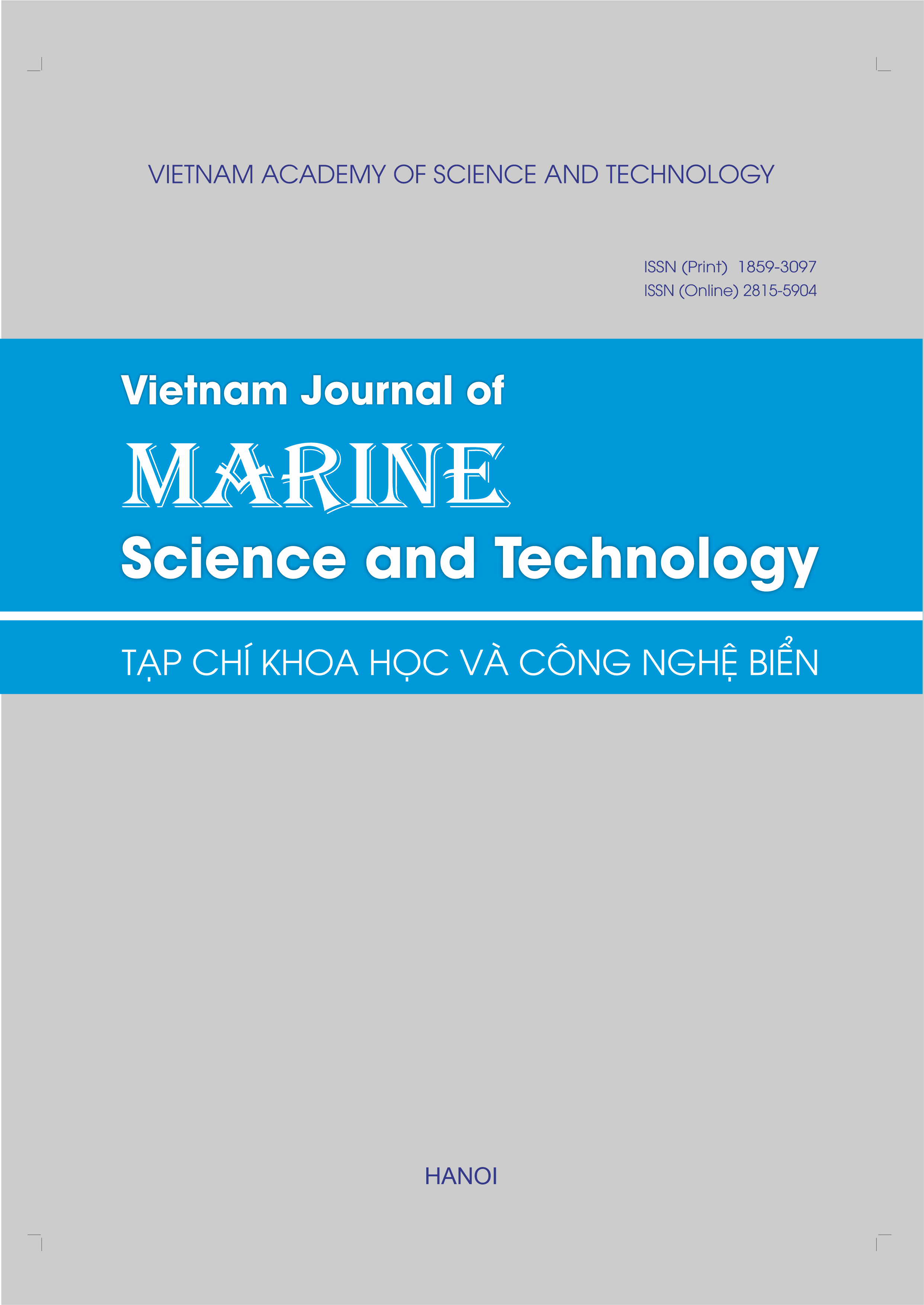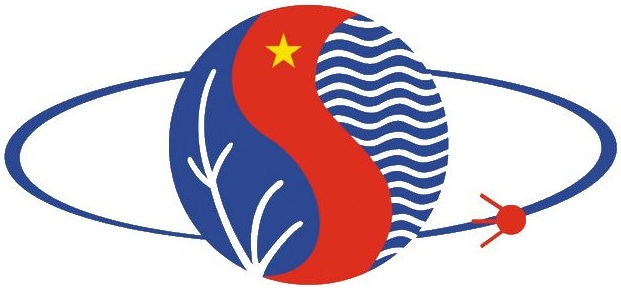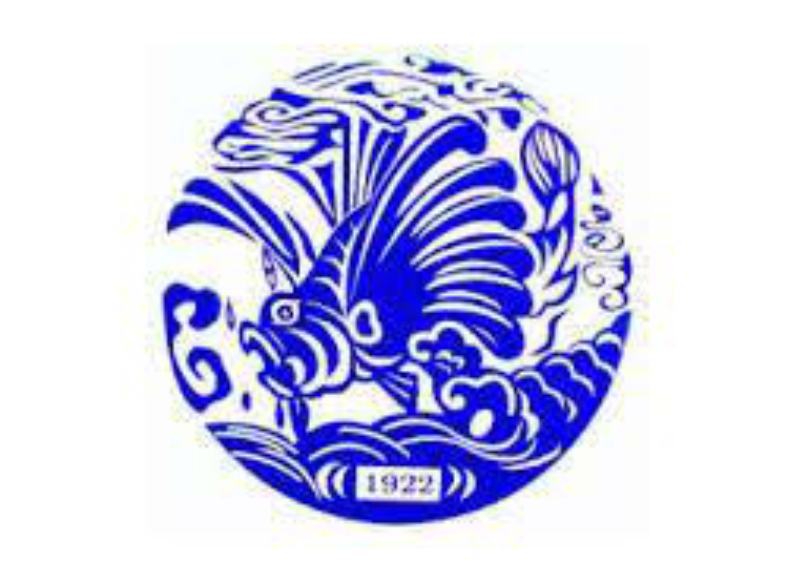MATING BEHAVIOUR, SPAWNING AND HATCHING OF HARLEQUIN SHRIMP (Hymenocera picta Dana, 1852) UNDER LABORATORY CONDITIONS
Author affiliations
DOI:
https://doi.org/10.15625/1859-3097/12/3/2377Keywords:
Harlequin shrimp, Hymenocera picta, mating, spawning, hatchingAbstract
The study on reproductive behavior is an important basis for building an artificial reproductive process of marine ornamental shrimps. This study was conducted in order to give a detailed description of mating behavior, spawning and hatching of harlequin shrimp (Hymenocera picta Dana, 1852) and compare to those of other ornamental shrimps. The results show that the mating process took place from 10 to 60 minutes after female molted with 7 stages which was described in detail. Spawning and fertilization often occurred between 20 and 60 minutes after mating activity. The average time for incubating of harlequin shrimp was 14.48 ± 0.87 days (13 - 16 days) at the temperature of 28 ± 0.7oC. During the incubating period, the colour of embryos changed from plum - light violet - light grey - blackish colour just before hatching. Hatching process often took place at night from 6.30 - 8.00 pm depending on weather conditions. The actual time of this process happened between 5 and 30 minutes with 80 - 90% total larvae released. However, this process also lasted 2 days depending on embryonic quality and broodstock health state. The study also shows that harlequin shrimp was a successive breeder during the studied period with a typical cycle of molting - mating - spawning - incubating - hatching - molting which took place at an average of 16 days.Downloads
Download data is not yet available.
Downloads
Published
31-12-2012
How to Cite
Dung, T. V., & Sawatpera, S. (2012). MATING BEHAVIOUR, SPAWNING AND HATCHING OF HARLEQUIN SHRIMP (Hymenocera picta Dana, 1852) UNDER LABORATORY CONDITIONS. Vietnam Journal of Marine Science and Technology, 12(3), 87–96. https://doi.org/10.15625/1859-3097/12/3/2377
Issue
Section
Articles








